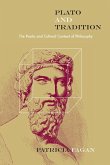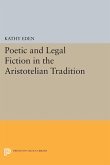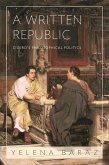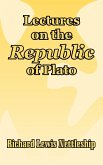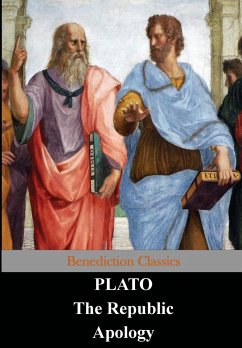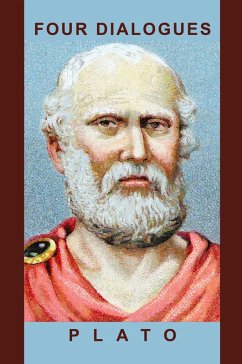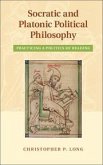When Plato wrote his dialogues, written texts were disseminated primarily by performance and oral recitation. Literacy, however, was spreading, and Frank is the first to point out that the dialogues offer two distinct ways of learning to read. One method treats learning to read as being led to true beliefs about letters and syllables by an authoritative teacher. The other method, recommended by Socrates, focuses on learning to read by trial and error, and on the opinions learners come to have based on their own fallible experiences. In all the dialogues in which these methods appear, learning to read is likened to coming to know, and the significant differences between the two methods are at the center of Frank's argument. When learning to read is understood as a practice of assimilating true beliefs by an authoritative teacher, it reflects the dominant scholarly account of Plato's philosophy as authoritative knowledge and of Plato's politics as, if not authoritarian, then at least anti-democratic. Rulers should have such authoritative knowledge and be philosopher-kings. However, learning to read or coming to know by way of Socrates' method, leads to quite a different set of conclusions. Professor Frank resists the claim that Plato's dialogues seek to endorse or enforce a hierarchy of knowledge and politics. Instead, she argues that they offer a philosophical education in self-authorization by representing and enacting challenges to all claims to expert authority, including those of philosophy.
Hinweis: Dieser Artikel kann nur an eine deutsche Lieferadresse ausgeliefert werden.
Hinweis: Dieser Artikel kann nur an eine deutsche Lieferadresse ausgeliefert werden.


